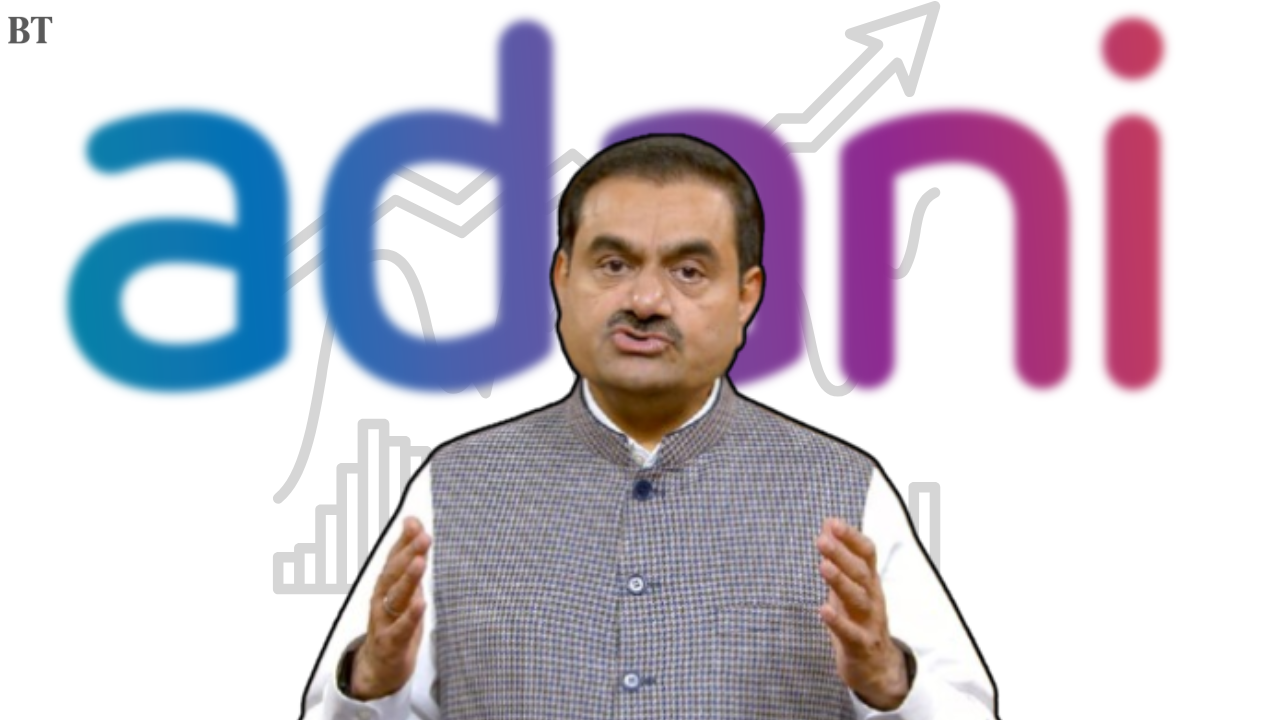
(Photo : BT)
Adani Group
- Gautam Adani, founder of the Adani Group, has been indicted by U.S. prosecutors over an alleged $265 million bribery scheme, causing a sharp fall in the group's stocks and bonds.
- The case revolves around Adani Green Energy and alleged bribes to Indian officials to secure contracts, including the development of India's largest solar power plant.
- The indictment has led to the cancellation of business deals and raised concerns about the impact on India's renewable energy sector.
- The legal proceedings and their outcome will be closely watched by investors, market analysts, and the public, highlighting the importance of transparency and adherence to legal and ethical standards in business.
The Indian business landscape has been rocked by the indictment of Gautam Adani, the billionaire founder of the Adani Group, by U.S. prosecutors over an alleged $265 million bribery scheme. This development has led to a sharp fall in the stocks and bonds of the Adani Group, with the conglomerate's stocks losing about $27 billion in combined market value on Thursday.
The case centers around Adani Green Energy, which saw its stocks tumble by 8.6%, while Adani Energy fell by 5.6%. The U.S. prosecutors have charged Adani and seven other individuals with agreeing to pay bribes to Indian government officials to secure contracts that could yield $2 billion of profit over 20 years. These contracts also included the development of India's largest solar power plant project.
The Adani Group has vehemently denied the accusations, describing them as baseless and has vowed to seek all possible legal recourse.
Impact on Adani Group's Business and Market
The group's debt, particularly that of Adani Ports and Special Economic Zone maturing in 2027, traded at 91.5c on the dollar, down more than a cent on the day and more than 4c below Wednesday prices. Longer-dated maturities have fallen around 5c in two days and trade near 80c.
The indictment has also had repercussions on the Adani Group's business deals. Kenya has cancelled a procurement process worth nearly $2 billion that had been widely expected to award control of the country's main airport to the Adani Group. Additionally, a separate 30-year, $736-million public-private partnership deal that an Adani Group firm signed with the energy ministry last month to construct power transmission lines has also been nixed.
The controversy has raised concerns about the potential impact on India's renewable energy sector, which is a critical pillar for global climate goals. Independent analyst Nimish Maheshwari, who publishes on Smartkarma, has suggested that the controversy may lead to reduced international investment in the sector.
Legal Implications and Future Outlook
The indictment has also led to the cancellation of a scheduled $600 million U.S. bond sale by Adani Green. U.S. prosecutors allege that Adani, his nephew Sagar Adani, and others bribed Indian officials to gain business advantages in renewable energy projects in India that benefitted Adani Green and a company called Azure Power, which was listed on the New York Stock Exchange until late 2023. They are also accused of making misleading statements to the public, including U.S. investors, despite being made aware of the U.S. investigation in 2023.
CreditSights has noted that there are negative credit implications for all bonds issued by the Adani Group, with those for Adani Green having the most downside potential. Despite the controversy, Citigroup analysts have estimated that Indian banks' exposure to the group is less than 1% of total loans for most lenders.
The indictment of Gautam Adani is reminiscent of other high-profile cases involving business tycoons. For instance, the case of former Nissan chairman Carlos Ghosn, who was arrested in Japan on charges of financial misconduct, also led to a significant drop in Nissan's shares. Similarly, the arrest of Samsung's de facto leader Lee Jae-yong on corruption charges in 2017 also had a significant impact on the company's stock prices.









